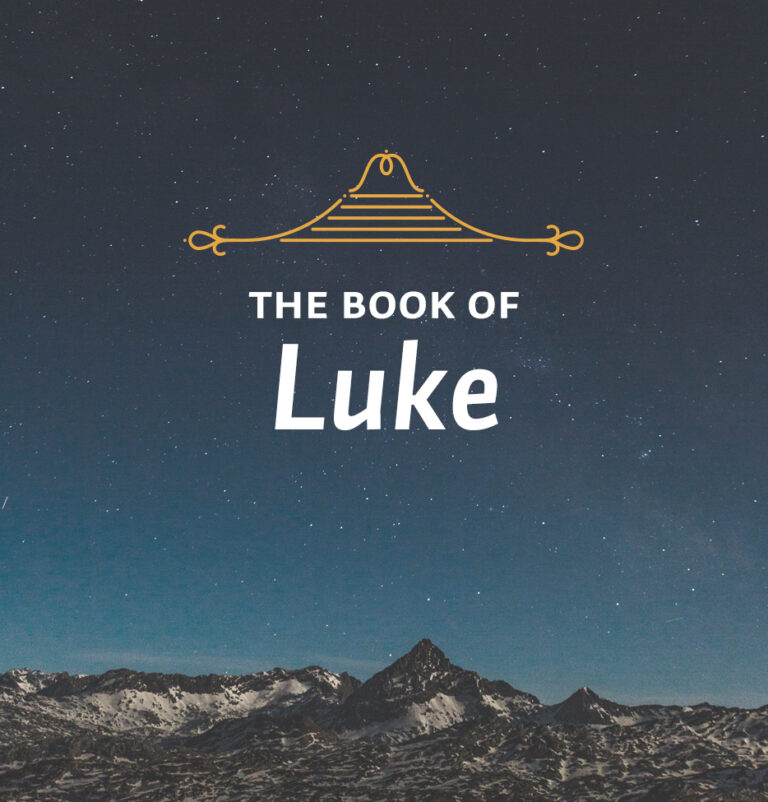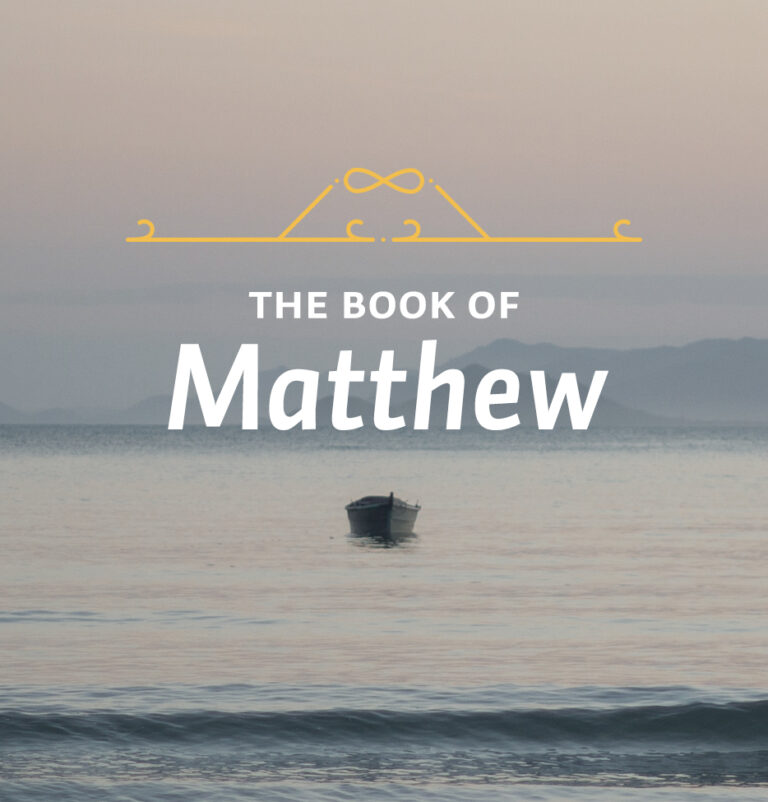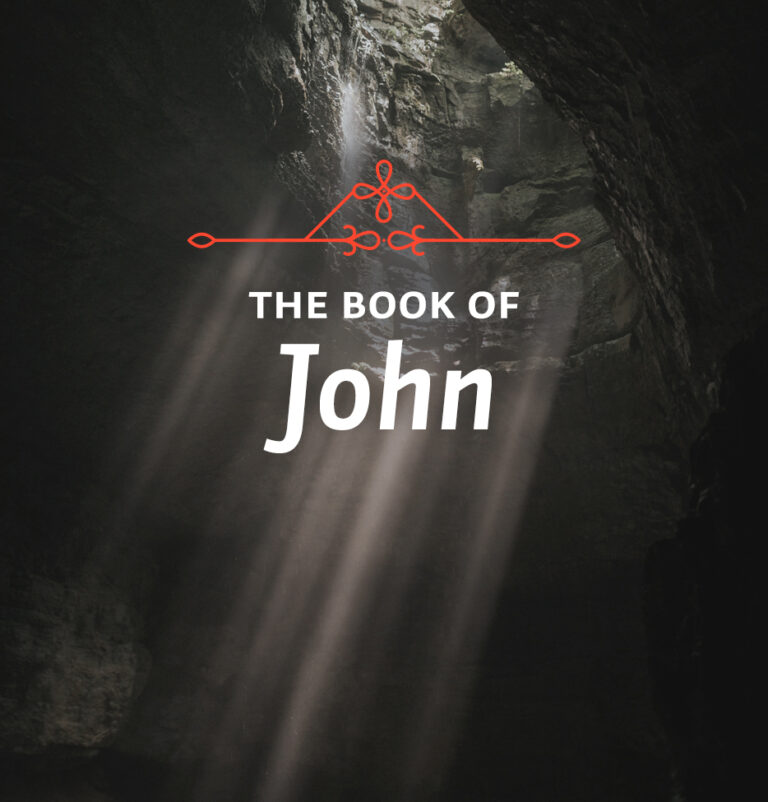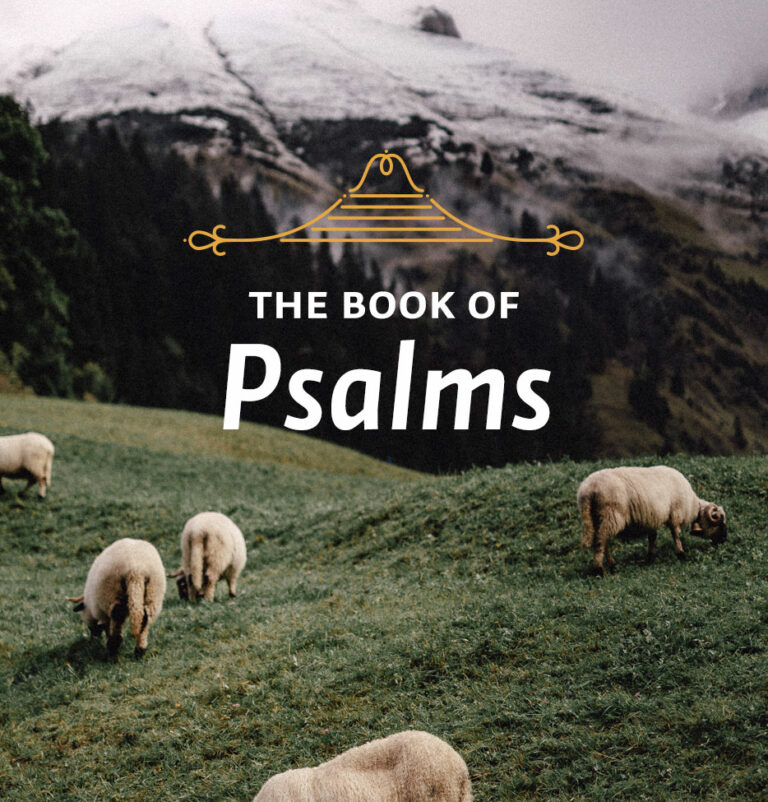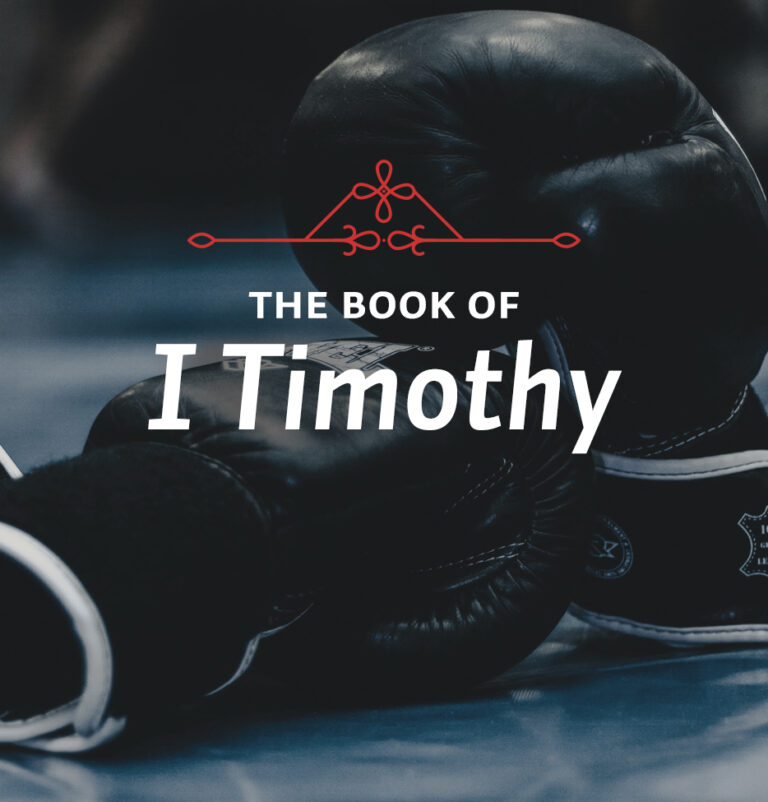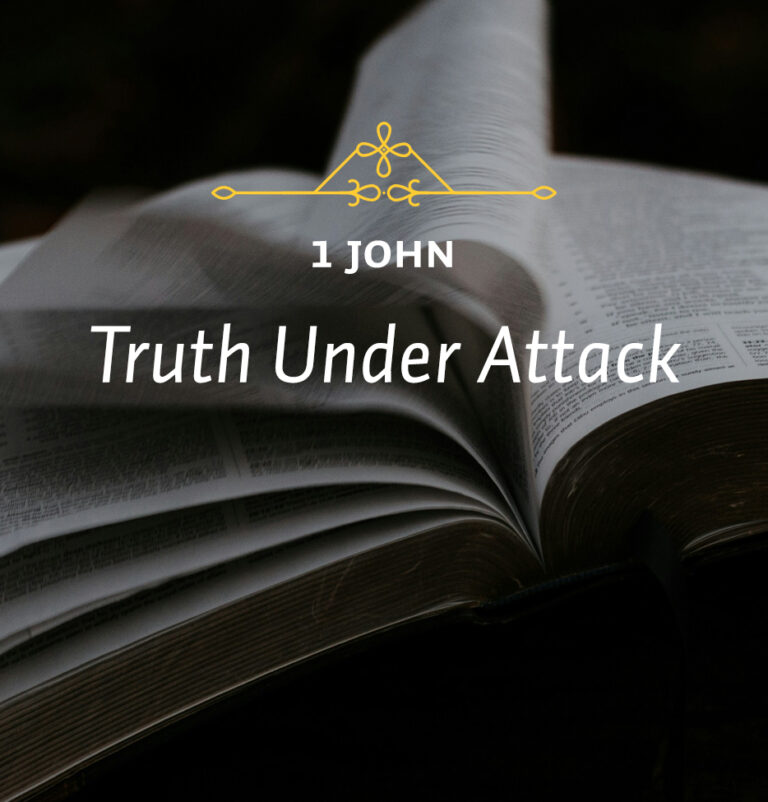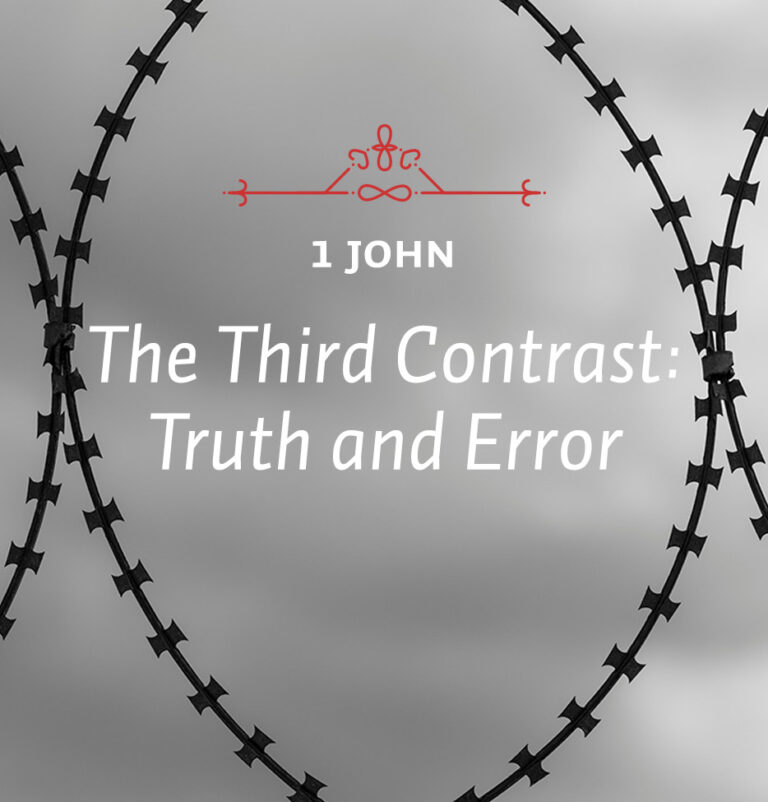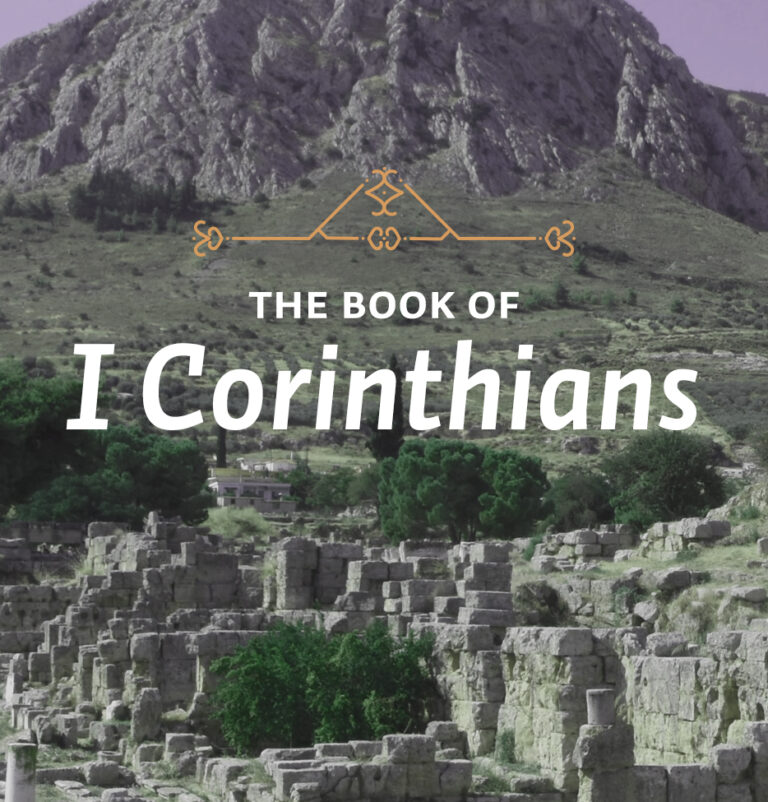
Paul! Apollos! Cephas! – Part One
In my Bible, the section heading to 1 Corinthians 3 is called “On Divisions in the Church.” That is what this chapter is all about. There are two themes in this chapter that have divided Christians: one theme is this matter of the carnal or worldly Christian, and the other is this matter of being saved, yet so as by fire. In both of these passages, there are significant divisions.


